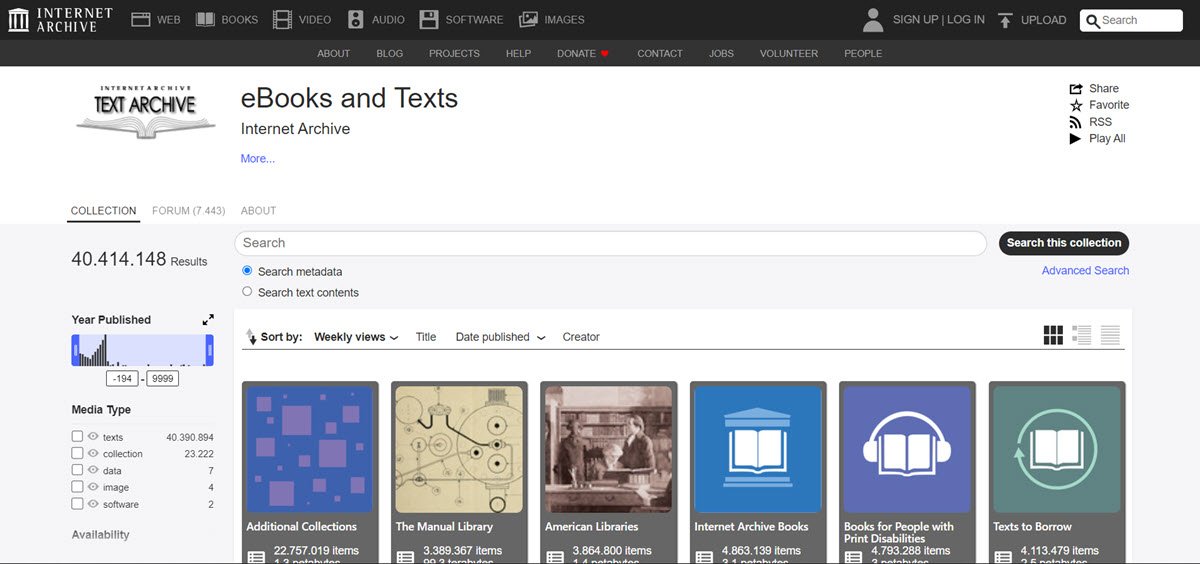A copyright lawsuit filed by several major publishers jeopardizes the future of the Internet Archive's scanning and lending library. In a recent appeal, the nonprofit argued that the scanning library it uses is protected by fair use and is critical to preserving digital books.
Publishers, however, characterize it as an illegal threat to their exclusive right to publish e-books.
In 2020, publishers Hachette, HarperCollins, John Wiley, and Penguin Random House sued the Internet Archive (IA) for copyright infringement, equating its "Open Library" with a pirate site.
The IA library operates as a non-profit organization that scans physical books, which they then loan out in ebook format. "Customers" can also borrow books that are scanned and digitized in-house, with technical restrictions preventing copying.
Staying true to her idea modeof each public library, only one user at a time can borrow a digital one copy a physical book. These restrictions were temporarily relaxed at the height of the COVID-19 outbreak when the IA launched the National Emergency Library.
The self-scanning approach differs from the licensing agreements other libraries enter into, and naturally publishers are not happy with IA's service, which sparked a huge court battle four years ago.
Publishers Hachette, HarperCollins, John Wiley and Penguin Random House sued, settling it program IA controlled digital lending (CDL) with business piracys. Last year, a federal court of New York concluded that the library was indeed liable for copyright infringement.
The Court's decision effectively ended the library of IA-scanned books, at least for books by the publishers who filed the suit. But the IA is not willing to surrender without a fight. Last December, the nonprofit filed an opening petition with the Second Circuit Court of Appeals, hoping to overturn the decision.





